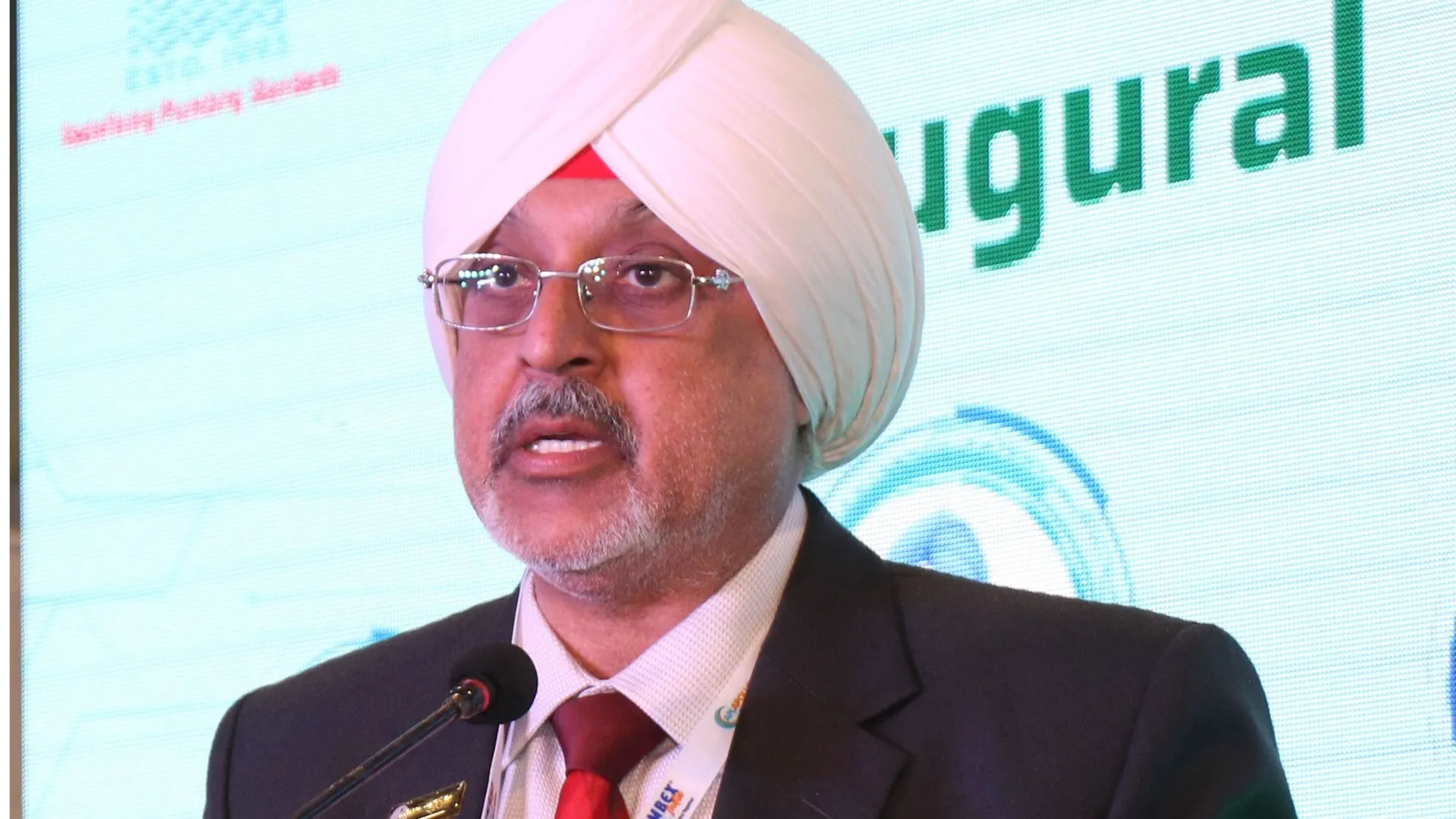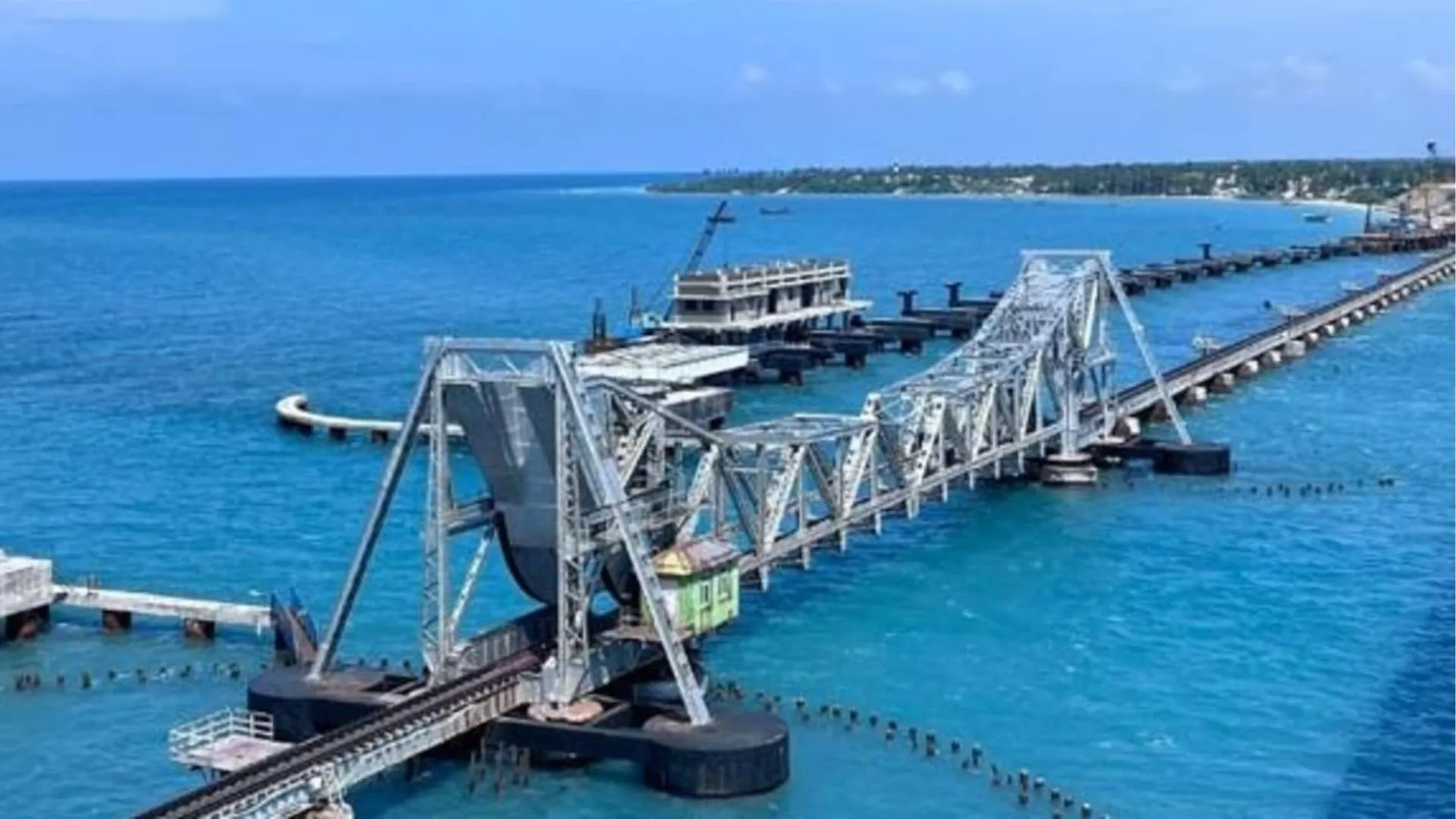Water shortage is now one of the most critical problems facing the entire world, affecting both communities and ecosystems. With populations rising and weather patterns evolving, there has never been a more urgent need for environmentally friendly water management techniques. Fortunately, innovative solutions like greywater irrigation systems and wastewater recycling are raising hope for a well-hydrated future.
Greywater refers to water that is not heavily contaminated by soaps, detergents, and hair products but comes from showers, sinks, and washing machines—unlike blackwater from toilets. Instead of sending this valuable resource directly into the drain, greywater systems intercept and treat it for reuse in irrigation.
Imagine a thriving garden in your backyard that requires no fresh water to stay lush. Greywater gardens are a game-changer, cleansing used water and funneling it to plants. This not only conserves water but also provides nutrients to greenery, making it a win-win solution.
Beyond greywater gardens, wastewater recycling takes sustainability to the next level. Many people do not realize that the water flushed down toilets or drained from homes often ends up untreated in nearby water bodies. Modern treatment facilities, however, can now purify and recycle this wastewater for various uses, including agricultural irrigation and industrial processes—even for drinking purposes.
At first, the idea of drinking recycled wastewater may seem unappealing. However, advanced treatment methods like membrane filtration, reverse osmosis, and ultraviolet disinfection ensure that recycled water meets, if not exceeds, the quality of regular drinking water. Cities worldwide, including Singapore and parts of the U.S., have successfully implemented wastewater recycling programs, proving its safety and effectiveness.
The benefits extend beyond just individual households. Widespread adoption of these technologies allows communities to meet most of their water demands locally, reducing dependency on centralized urban supplies. In agriculture, using recycled water helps conserve fresh water while maintaining steady food production.
Despite these advantages, challenges remain. Public perception and acceptance, regulatory hurdles, and initial costs must be addressed to promote these solutions. Educating communities about the safety and necessity of water recycling can help shift mindsets and encourage wider adoption. Governments and policymakers must also streamline regulations and provide incentives to implement these systems on a larger scale.
So, what can you do to contribute? Start by implementing a small-scale greywater system in your home or community garden. Support and advocate for local programs that encourage wastewater recycling. Engage with policymakers and push for sustainable water initiatives. Most importantly, incorporate water conservation habits into your daily life—because every drop counts.
With water scarcity posing a growing threat, embracing innovative solutions like greywater gardening and wastewater recycling is no longer optional—it’s essential. By integrating these technologies, we can create a future where water is abundant, ecosystems thrive, and communities prosper.
Authored by: Gurmit Singh Arora, National President, Indian Plumbing Association























